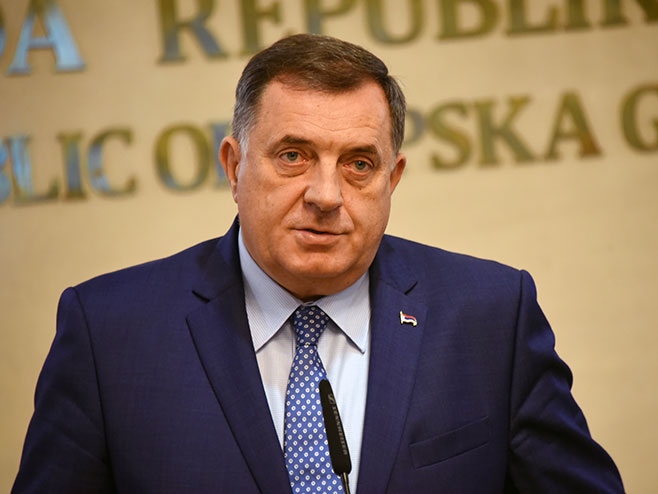Droid
Legenda
- Poruka
- 51.846
Kako portal Politico sagledava trenutnu situaciju na Zapadnom Balkanu.
Sa linkovima Ima mesta i za Vulina.
Ima mesta i za Vulina.
In September this year, on the border with Kosovo, Serbia deployed armored vehicles and warplanes, challenging the post-1999 demilitarization. In Bosnia and Herzegovina, Bosnian Serb secessionist politicians, who are politically and financially dependent on Serbia, are unilaterally and unconstitutionally withdrawing from state-level institutions established as a result of the Dayton peace accords, while they conduct special police exercises in an overt display of strength. In Montenegro, Belgrade stokes religious divisions, contributing to an increasingly toxic political climate that has reignited questions of foreign policy orientation, ethnicity and faith.
These destabilizing actions are all underpinned by the concept of the “Serb world” — an idea alarmingly similar to former President Slobodan Milošević’s “Greater Serbia” — now being openly championed by the country’s interior minister, Aleksandar Vulin. Here, one can see clear traces of the 1990s, during which the Milošević regime engineered a succession of wars, culminating in ethnic cleansing and genocide.
Sa linkovima
 Ima mesta i za Vulina.
Ima mesta i za Vulina.In September this year, on the border with Kosovo, Serbia deployed armored vehicles and warplanes, challenging the post-1999 demilitarization. In Bosnia and Herzegovina, Bosnian Serb secessionist politicians, who are politically and financially dependent on Serbia, are unilaterally and unconstitutionally withdrawing from state-level institutions established as a result of the Dayton peace accords, while they conduct special police exercises in an overt display of strength. In Montenegro, Belgrade stokes religious divisions, contributing to an increasingly toxic political climate that has reignited questions of foreign policy orientation, ethnicity and faith.
These destabilizing actions are all underpinned by the concept of the “Serb world” — an idea alarmingly similar to former President Slobodan Milošević’s “Greater Serbia” — now being openly championed by the country’s interior minister, Aleksandar Vulin. Here, one can see clear traces of the 1990s, during which the Milošević regime engineered a succession of wars, culminating in ethnic cleansing and genocide.





